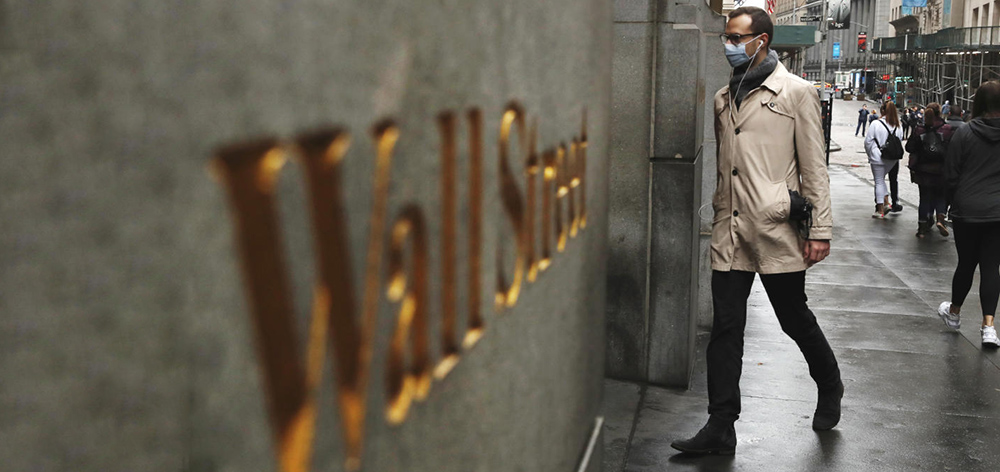
“All indicators from The CFO Survey point towards a slow return to normal that is challenging to forecast due to the uncertainty created by this virus.”
U.S. finance executives remain more optimistic about the economy than they were in the spring but very few expect to return to pre-COVID levels of employment and revenue until at least 2021, according to The CFO Survey.
The report, a collaboration of Duke University’s Fuqua School of Business and the Federal Reserve Banks of Richmond and Atlanta (formerly known as the Duke/CFO Global Business Outlook Survey), found CFOs’ average optimism for the financial prospects of their firms was just above 70 on a scale of 0 to 100 in the third quarter.
When respondents were asked to rate their optimism about the overall U.S. economy, the average rating was 61.
Both readings were roughly in line with those for the second quarter, which showed a rebound after confidence declined with the onset of the coronavirus pandemic.

But despite the increased optimism since the spring, more than 60% of CFOs reported that revenue projections have not recovered to pre-COVID levels and about 40% report lower employment. Only about one-quarter of those firms, moreover, expect a full revenue or employment recovery by June 2021.
Many firms do not see a recovery until 2022 or later.
“The economy is recovering, to be sure, and business confidence has improved since the spring,” Sonya Ravindranath Waddell, a vice president at the Richmond Fed, said in a news release. “But all indicators from The CFO Survey point towards a slow return to normal that is challenging to forecast due to the uncertainty created by this virus.”
The survey also indicates that firms continue to limit spending and investment, with more than half reporting they either “somewhat” or “significantly” decreased spending in the third quarter, compared to what is typical for the business.
Firms that are abstaining from spending on structures or equipment cited an uncertain environment, no need to expand capacity, and a need to preserve cash.
“Measures of uncertainty remain elevated and we can see that reflected in the decision by many firms not to invest in capital,” said Brent Meyer, senior policy advisor at the Atlanta Fed.
CFOs also anticipate continued slow growth in GDP during the next four quarters, averaging about 2.2%.


